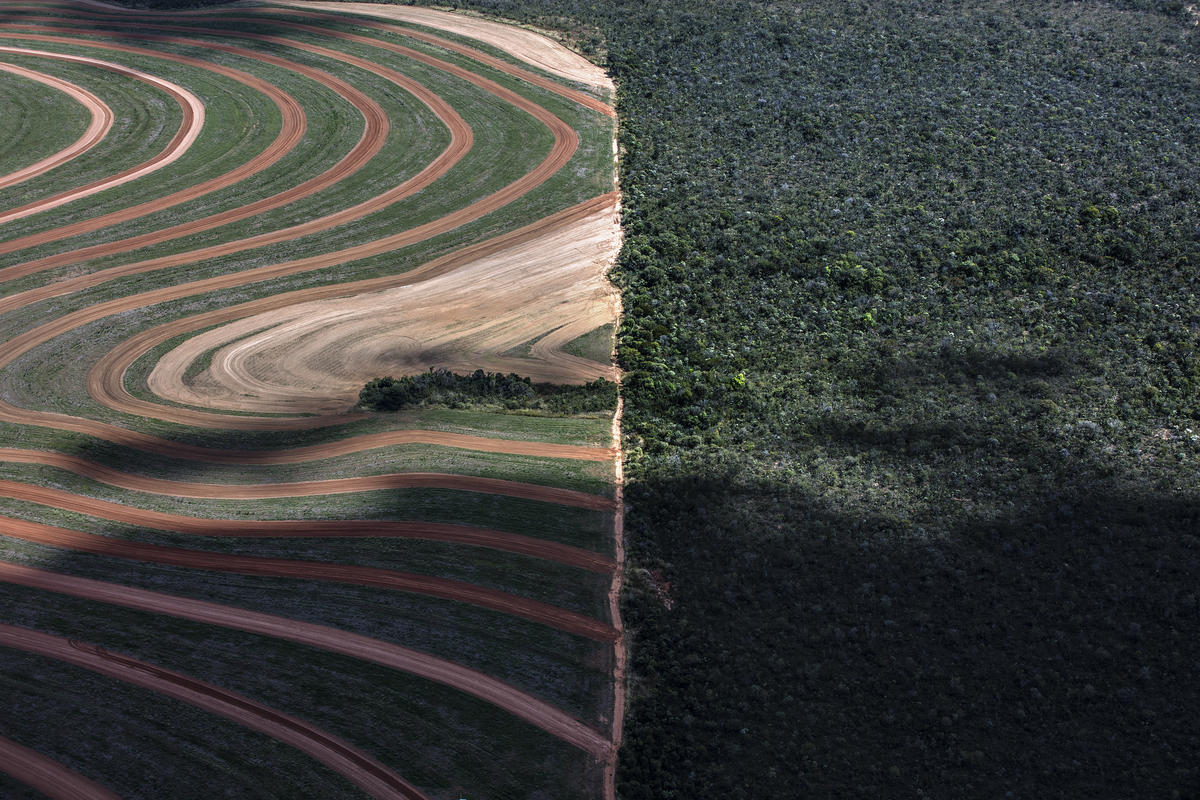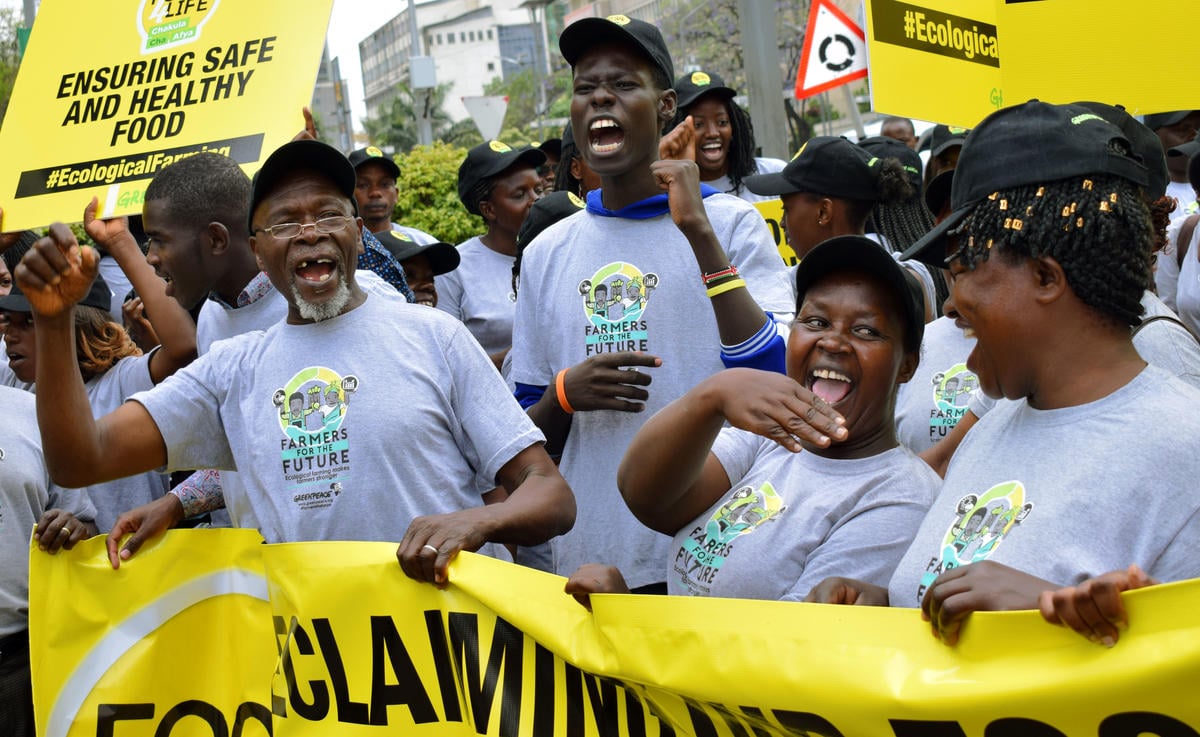Within Taiwan’s Indigenous communities, an environmental friendly tradition persists: in times of more extensive cultivation, farmers would plant extra millet, generously leaving a portion of the harvest for the birds. This seemingly small act of kindness is a vital lifeline for these fragile creatures.
However, as the shadow of climate change lengthens, extreme weather erodes farmlands, and rural populations dwindle, the once widespread golden millet fields are rapidly vanishing, taking with them the sparrows that once freely flitted through them. The intertwined fate of these species underscores a deeper truth: supporting Indigenous knowledge and ways of life is not only a matter of cultural preservation, but also a crucial step in safeguarding Taiwan’s biodiversity.
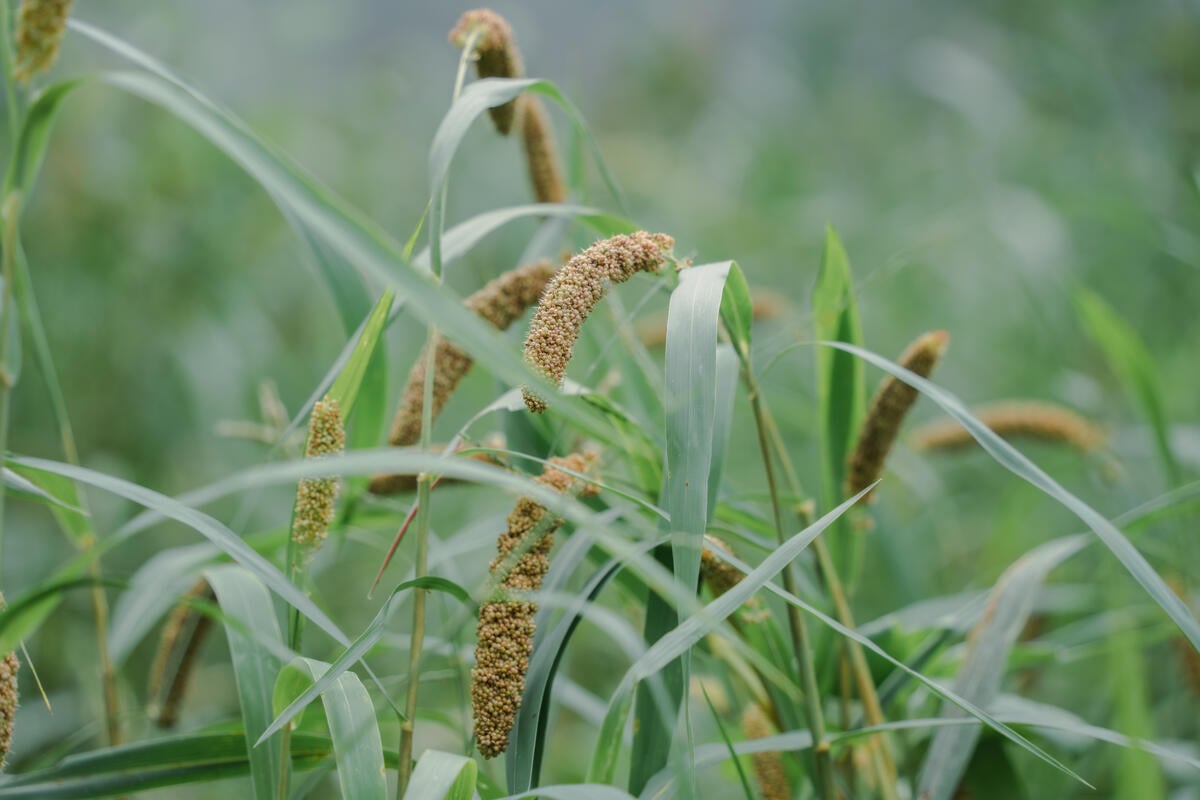
Once a common sight in Taiwan’s mountain villages, the Russet Sparrow now teeters on the brink of extinction, its numbers plummeting to a staggering low of under a thousand in the last two decades. Despite a slight recent recovery, the total population likely remains below 2,000, facing imminent disappearance from Taiwan’s lands. A combination of issues is converging, placing the sparrow at risk of endangerment.
- Rapid Loss of Habitat: Relentless deforestation and land development are steadily depriving the natural tree cavities where Russet Sparrows build their nests. These cavity-nesting birds are struggling to reproduce due to homelessness.
- The Impact of Climate Change: Taiwan’s millet fields, once essential for the Russet Sparrow, are now at risk due to rising temperatures and extreme weather, leading to the loss of farmlands and a decline in the birds’ food sources.
- The Harmful Effects of Pesticide: As Russet Sparrows forage in agricultural areas, they face growing exposure to harmful herbicides and pesticides, which directly threaten their survival and disrupt their food sources.
- The Decline of Millet Farming: Greenpeace’s data shows a troubling link between the sharp decrease in millet fields in Pingtung County and the rapid drop in Russet Sparrow populations. The loss of these fields represents not just a loss of food crops, but also a blow to biodiversity and Indigenous cultural traditions.
The millet fields of Taiwan’s Indigenous communities used to be vibrant ecosystems, where diverse wildlife thrived in harmony. Today, such abundant scenes have become exceedingly rare treasures in Taiwan’s natural landscape.
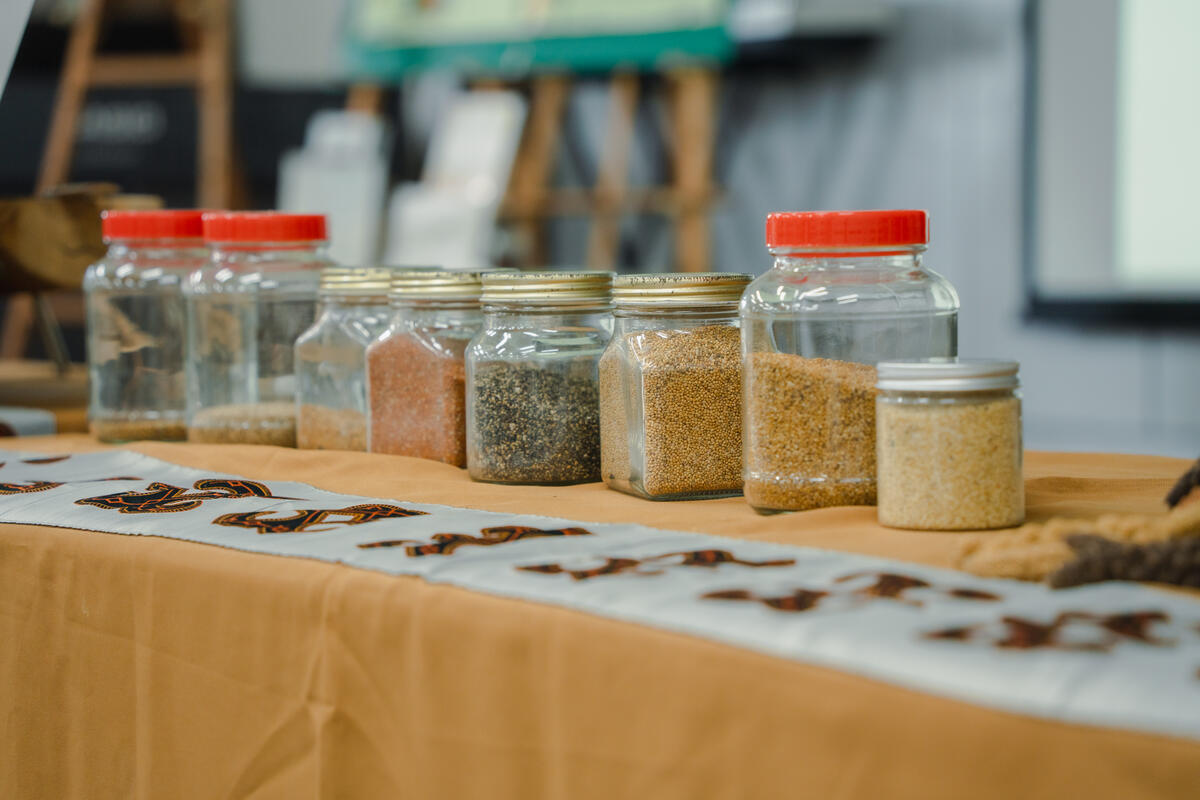
In Pingtung County’s Wutai, Sandimen, and Majia Townships, once strongholds of millet farming, production has plummeted by a staggering 93% in just over a decade, while farmland has shrunk by an equally devastating 94%. Adding to this tragedy, Indigenous farmers who recognize the gravity of the situation and are dedicated to reviving millet and protecting the land and its dependent wildlife often find themselves unable to access vital government payment of ecosystem services (PES). The current payment for ecosystem services payment scheme overlooks the crucial role of millet cultivation in maintaining biodiversity. This policy oversight fails to support these important ecosystem stewards and hinders the protection of biodiversity.
Small step for Project Successes, Continued Advocacy for Millet Farmers and Ecosystems
On Taiwan’s 2024 Indigenous Peoples Day, the dedicated volunteer team of Greenpeace’s Community Outreach Campaign (COC) joined hands with Indigenous community partners to deliver a heartfelt petition and handcrafted millet artwork to the government. Deputy Director-General Lin Haozhen of the Forestry and Nature Conservation Agency accepted this urgent plea from the grassroots, promising to consider Greenpeace’s policy recommendations and initiate active discussions and studies with relevant government agencies.
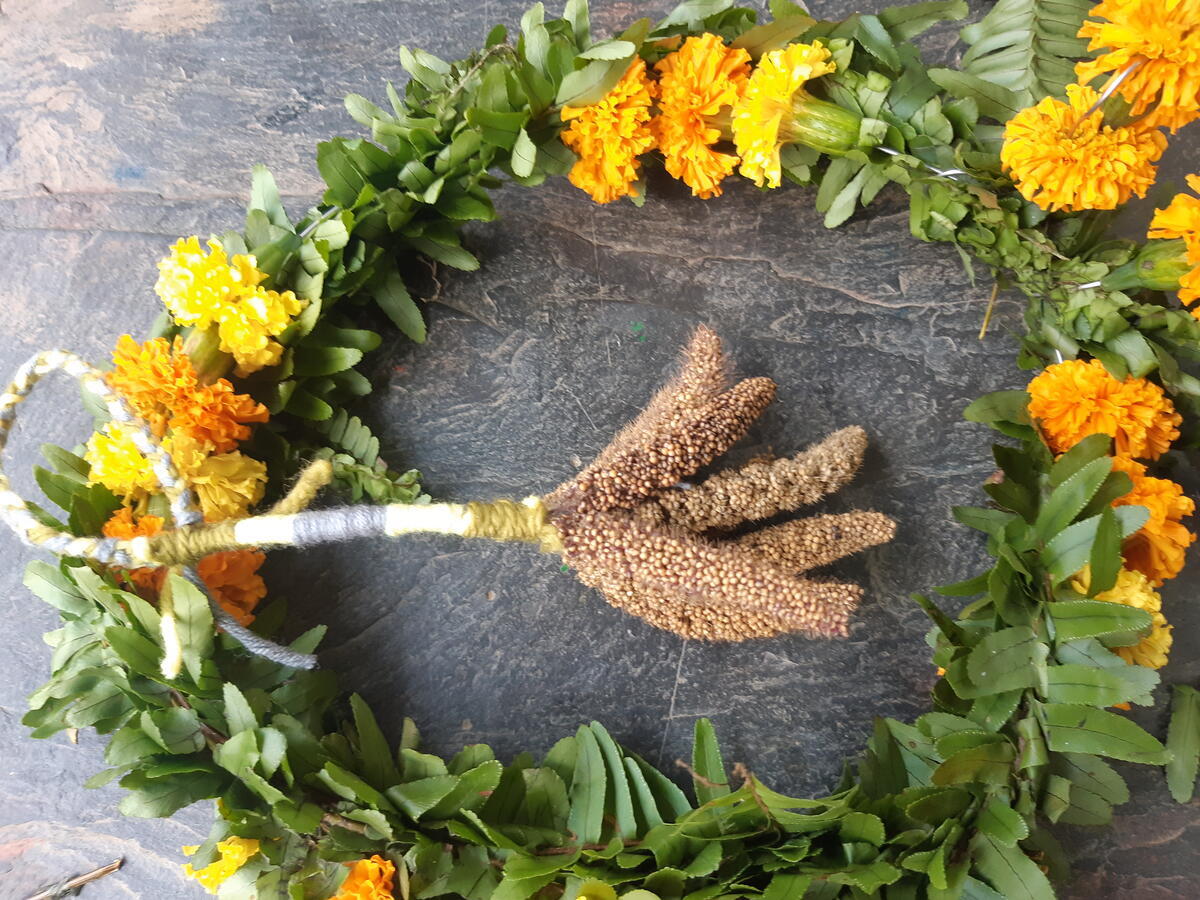
Greenpeace firmly believes that saving millet is synonymous with saving Taiwan’s biodiversity and protecting the very foundation of Indigenous cultures. We urgently call upon the Taiwanese government to:
- Integrate Indigenous traditional millet cultivation into national agricultural curricula, fostering the next generation of skilled farmers and ensuring the transmission of invaluable ancestral knowledge and techniques.
- Broaden the scope of PES, fully including Indigenous millet cultivation as an eligible practice, recognizing the vital contributions of these farmers in protecting the Russet Sparrow and its habitat, and incentivizing widespread adoption of environmentally friendly farming methods.
Each grain of millet carries the wisdom of generations; each millet field is a precious ecological oasis. Now is the time for decisive and impactful action. We must stand in solidarity with the Indigenous farmers on the frontlines of environmental protection in Taiwan, rescuing the endangered Russet Sparrow and safeguarding our shared home. This is not just about specific species or cultures; it is about ourselves, about the vibrant web of life that sustains Taiwan.
Cheril Chiang is a community outreach campaigner, Bill Chou is a content writer, Claudia Lim Nian Earn is an intern, and Coco Wu is a researcher – they are with Greenpeace East Asia, Taiwan

